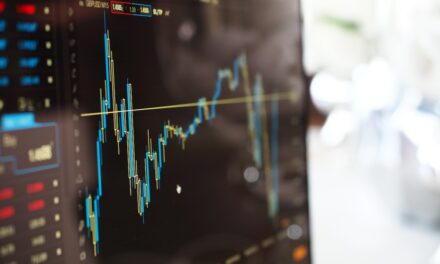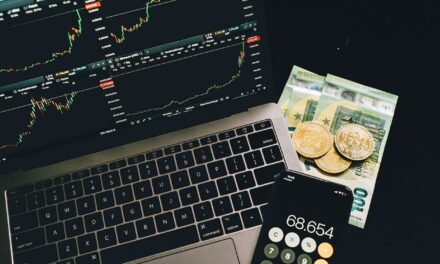
Exploring the Legalities Surrounding Forex Trading

Is Forex Trading Legal?

Forex trading is the act of buying and selling currencies in a decentralized market. The market is open 24 hours a day, five days a week, and is the largest financial market in the world, with an average daily trading volume of over $5 trillion. This market attracts traders from all over the world, including individuals, corporations, and financial institutions. Forex trading, like any other trading activity, is subject to a variety of legal rules and regulations. This article explores the legalities surrounding forex trading.
Legal Frameworks for Forex Trading
Forex trading, while generally unregulated, is subject to a range of legal frameworks in different countries. In some countries, forex trading is regulated by central banks, while in others, it is governed by securities and exchange commissions. In the United States, forex trading is regulated by the Commodity Futures Trading Commission (CFTC) and the National Futures Association (NFA). The NFA is a self-regulatory organization that enforces rules and regulations for its members, including forex brokers.
Forex trading is generally allowed in most countries, although some countries have specific restrictions in place. For example, India has strict regulations regarding forex trading and prohibits forex trading with Indian rupees outside of India.
Trading in Certain Currencies
Certain countries may also regulate trading in their currencies. For example, China regulates trading in the yuan, while Japan regulates trading in the yen. Trading in these currencies may require specific licenses and compliance with local regulations. Additionally, trading in certain currencies may be subject to restrictions, such as limits on the amount that can be traded or specific timeframes for trading.
Forex Trading Scams
Forex trading, like any other financial activity, is not immune to fraud and scams. Consequently, many countries have laws in place to address fraudulent forex trading activities. These laws may include penalties for fraud and embezzlement, as well as mechanisms for investors to recover their losses from fraudulent forex trading activities.
Risk Disclosure
Forex trading is a high-risk activity, and traders need to understand the risks involved before they start trading. Many countries require brokers to provide a risk disclosure statement outlining the risks associated with forex trading before traders can open an account. Risk disclosure statements typically warn traders about the potential to lose their entire investment, as well as the risk of margin calls and account liquidation.
Conclusion
Forex trading is a profitable and exciting activity, but it’s essential to understand the legal frameworks and regulations surrounding it. Traders need to be aware of the legal restrictions and requirements in their country and ensure they trade with a reputable broker. Additionally, traders should familiarize themselves with the risks associated with forex trading and take steps to minimize their exposure to risk. Overall, while forex trading can be a challenging activity, traders who understand the legalities surrounding it and approach it with caution can be successful in this highly profitable market.
Learn the factors that you need to look for in a reliable forex broker here.










